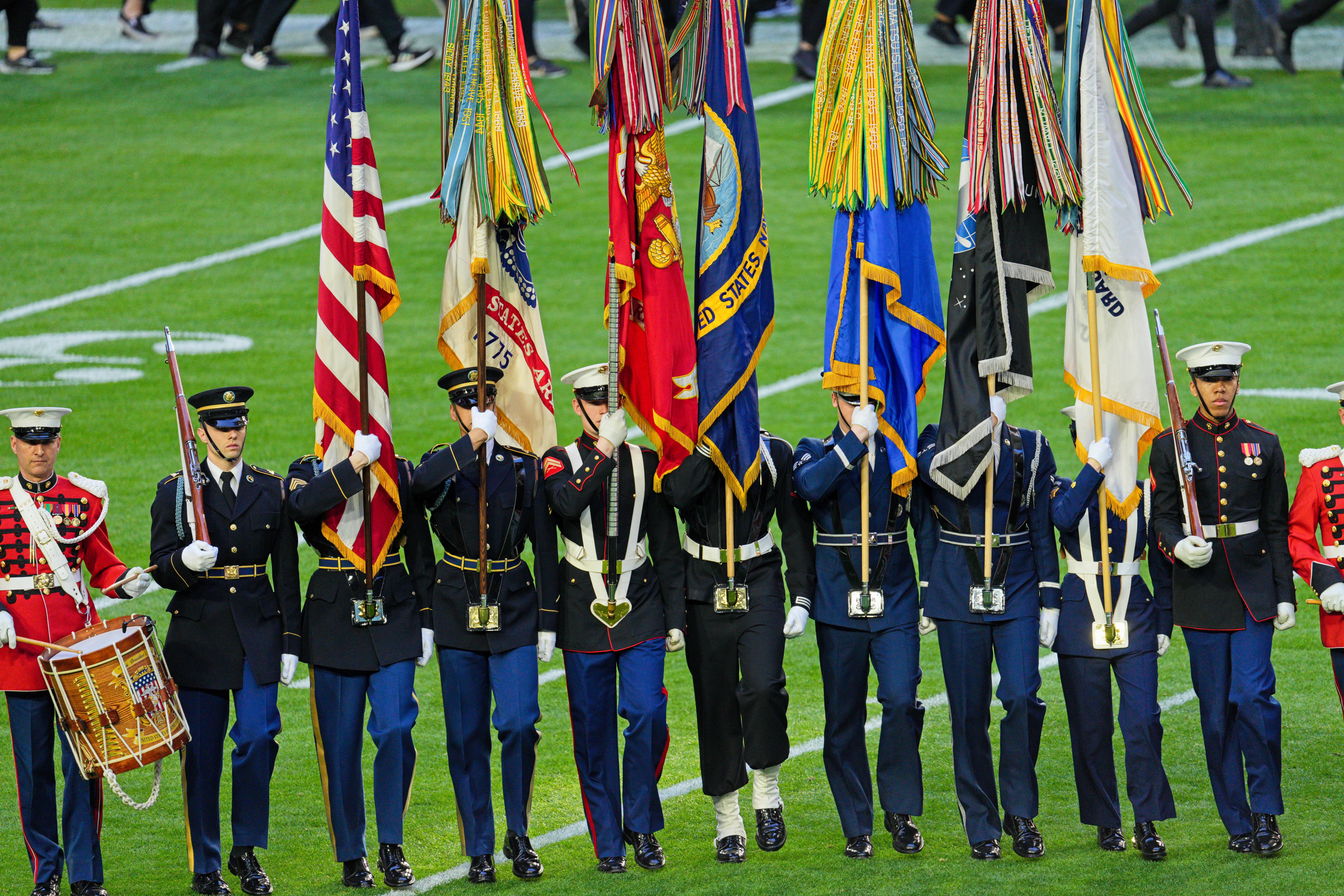Mr. Trump’s audacious embrace of a criminal persona flies in the face of conventional wisdom. When Richard Nixon told the American public, “I am not a crook,” the underlying assumption was that voters would not want a crook in the White House. Mr. Trump is testing this assumption. It’s a canny piece of marketing. A violent mobster and a self-mythologizing millionaire, Capone sanitized his crimes by cultivating an aura of celebrity and bravery, grounded in distrust of the state and a narrative of unfair persecution. The public lapped it up. “Everybody sympathizes with him,” Vanity Fair noted of Capone in 1931, as the authorities closed in on him. “Al has made murder a popular amusement.” In similar fashion, Mr. Trump tries to turn his indictments into amusement, inviting his supporters to play along. “They’re not after me, they’re after you — I’m just standing in the way!” he says, a line that greets visitors to his website, as well.
Mr. Trump clearly hopes that his Al Capone act will offer at least some cover from the four indictments he faces. And there is a twisted logic to what he is doing: By adopting the guise of the gangster, he is able to recast his lawbreaking as vigilante justice — a subversive attempt to preserve order and peace — and transform himself into a folk hero. Partly thanks to this framing, it seems unlikely that a criminal conviction will topple his candidacy: not only because Mr. Trump has already taken so many other scandals in his stride but also because, as Capone shows, the convicted criminal can be as much an American icon as the cowboy and the frontiersman. In this campaign, Mr. Trump’s mug shot is his message — and the repeated references to Al Capone are there for anyone who needs it spelled out.
In an essay from 1948, “The Gangster as Tragic Hero,” the critic Robert Warshow sought to explain the unique appeal of gangster fables in American life. He saw the gangster as a quintessentially American figure, the dark shadow of the country’s sunnier self-conception. “The gangster speaks for us,” Warshow wrote, “expressing that part of the American psyche which rejects the qualities and the demands of modern life.”
It is easy to see why gangster fables appeal to so many Republican voters today. They are stories of immigrant assimilation and success, laced with anti-immigrant sentiment and rivalry. Their heroes are creatures of the big city — those nests of Republican neuroses — who tame its excesses through force but never forget God or their family along the way. In many ways, minus the murder, they are ideal conservative citizens: enterprising, loyal, distrustful of government; prone to occasional ethical lapses, but who’s perfect?
Mr. Trump knows that in America, crooks can be the good guys. When the state is seen as corrupt, the crook becomes a kind of Everyman, bravely beating the system at its own game. This is the cynical logic that the gangster and the right-wing populist share: Everyone’s as bad as anyone else, so anything goes. “A crook is a crook,” Capone once said. “But a guy who pretends he is enforcing the law and steals on his authority is a swell snake. The worst type of these punks is the big politician, who gives about half his time to covering up so that no one will know he’s a thief.”






